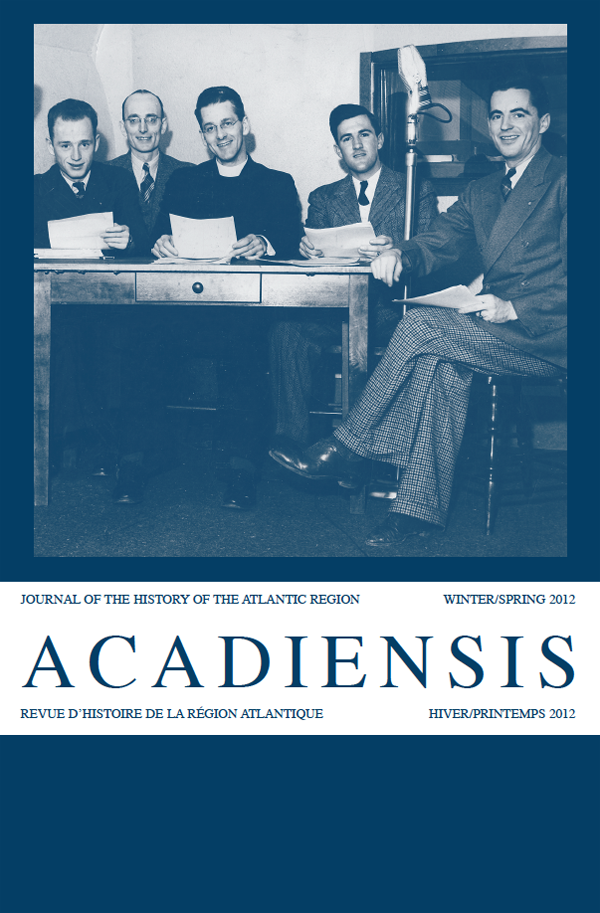Abstract
Canada has constructed the most sophisticated human rights legal regime in the world, and yet local conditions have determined the emergence and implementation of human rights law. Newfoundland is an ideal case study. The government’s lackluster support for human rights policy demonstrates how governments can inhibit the application of law. In addition, the predominance of sex discrimination complaints offers a unique insight into the dynamics of gender inequality during this period. Finally, this case study demonstrates the critical role that social movements have played in implementing human rights law in Canada, which has historically depended on the participation of non-state actors.IKCopyright for articles published in this journal is retained by the author(s), with Acadiensis being granted a non-exclusive licence to each and every right in the work throughout the world. After publication of the work, the author(s) shall have the right to self-archive the work and to reprint the work in whole or in part in books authored by or edited by the author(s) without the payment of any fee. In these other formats, however, the author or authors are required to acknowledge the original publication of the work in the pages of the journal. In the case of any requests to reprint the work, Acadiensis will require a standard permission fee -- to be divided equally between the journal and the author. In the event that such requests are received by the author(s), the author(s) shall direct such requests to the journal.

